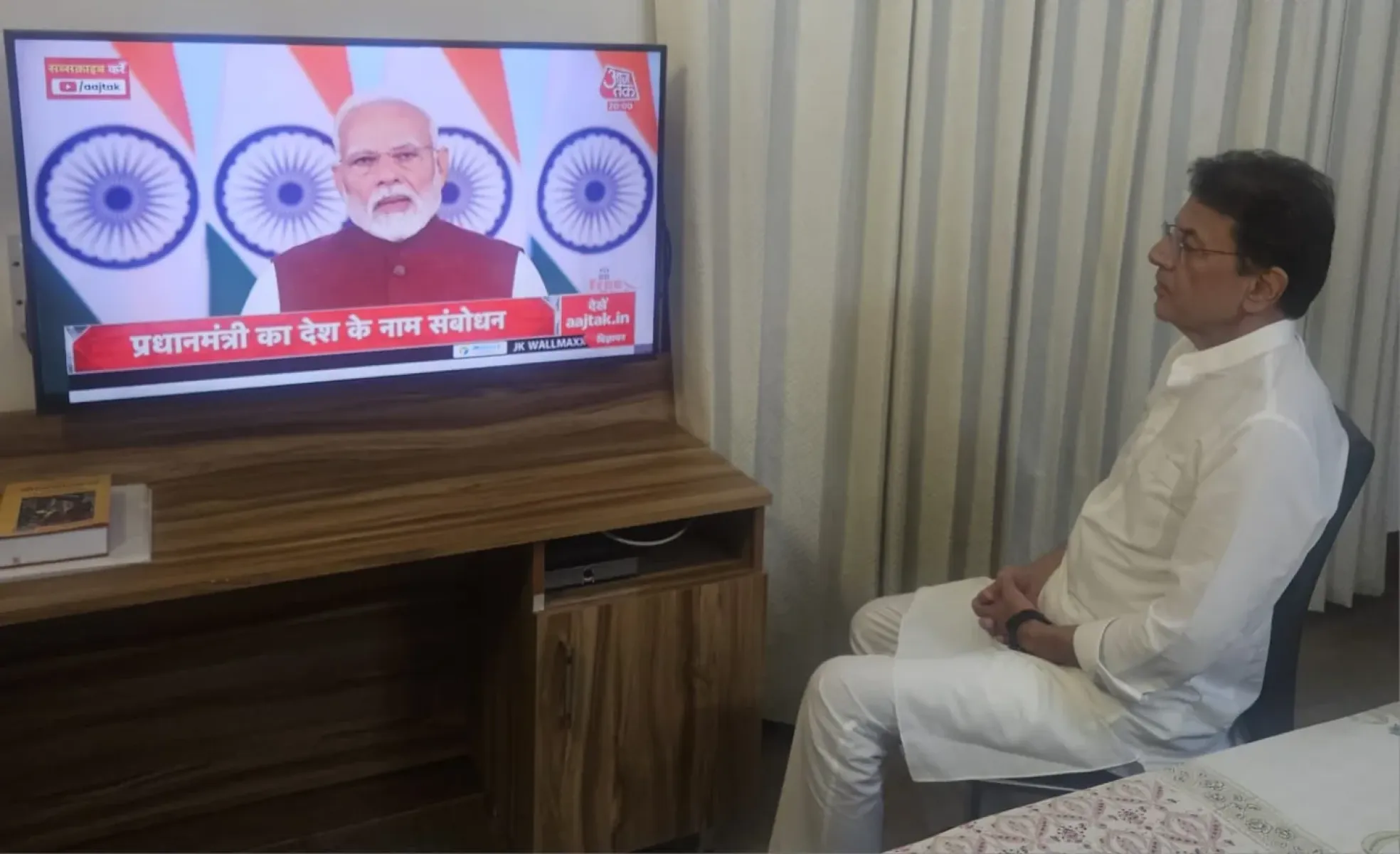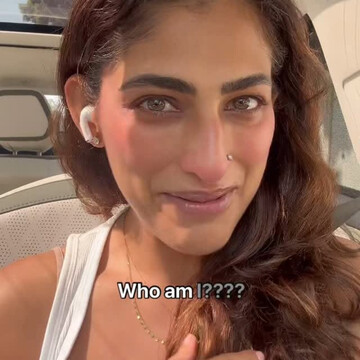Modi’s Strong Stand Against Incompatible Elements
A resolute address challenging contradictions while reaffirming unity, order plus peace!!

Image: Instagram
Prime Minister Narendra Modi’s recent statement delivered a clear and uncompromising message: Terror and talk, terror and trade, water and blood should never mix. In his pointed address, Modi emphasized that certain elements in our national discourse are incompatible and must remain separate. The matter, as laid out in his succinct words, underscores a broader commitment to upholding the nation’s integrity and security.
Modi’s Resolute Stance
In a sharply worded remark that resonated across political and social media circles, Modi stated, “Terror और Talk एक साथ नहीं हो सकते। Terror और Trade एक साथ नहीं हो सकते। पानी और खून एक साथ नहीं बह सकते।” By using these straightforward and forceful comparisons, the Prime Minister called attention to the fatal consequences of blending aggression with casual rhetoric and commerce. His message not only clarifies his stance on national security but also serves as a reminder that some forces, when combined, undermine the social and moral fabric of the country.
The imagery accompanying the statement—a powerful Instagram post featuring a stark visual of text overlay—reinforces the gravity of his words. The post, widely circulated online, captured the blend of visual and verbal communication that has become increasingly common in today’s digital landscape. The visual presentation of the statement adds a layer of immediacy and clarity that has helped it to reverberate among audiences across the nation.
Cultural And Political Echoes
Adding an interesting dimension to the discussion, the article also touches on the involvement of celebrated figures in India’s cultural dialogue. Alongside Modi’s political pronouncements, veteran actor Arun Govil, known widely by his Instagram handle @siyaramkijai, continues to evoke nostalgia among viewers for his iconic portrayal of mythological characters. Govil, whose career has spanned decades, remains a symbol of moral rectitude and traditional values in Indian television. His legacy, detailed on multiple public sources including his extensive biographical accounts, serves as a cultural counterpoint to the Prime Minister’s insistence on clear boundaries between incompatible elements.
Govil’s social media presence, highlighted in a series of curated Instagram posts over recent years, often reflects on the importance of upholding traditional narratives and moral guidelines. This resonates with Modi’s message by emphasizing the intrinsic value of order, discipline, and clear distinctions in both the cultural realm and political discourse. Although the mediums are different—one being a formal political address and the other a nostalgic homage via social media—the messages converge on the idea that certain values must remain untainted in the face of change.
The Prime Minister’s statement was delivered at a time when national debates are increasingly influenced by rapid shifts in communication technology and global economic pressures. By juxtaposing elements such as terror, trade, talk, water, and blood, the address pointedly critiqued the consequences of blurring lines that have long been held as sacrosanct. Political commentators have noted that Modi’s words carry a double entendre: a call for disciplined political communication and a reminder of the need for economically and socially sustainable policies.
Critics argue that while the language is stark, it reflects the urgency of addressing fundamental contradictions in modern society. The emphasis on not mixing water with blood, for instance, is a metaphor that speaks to the sanctity of life and the need to keep violence and everyday life strictly separated. Such symbolism is not new in Indian political rhetoric; it echoes themes found in historical debates and cultural narratives dating back decades. Over time, these ideas have been revisited by various public figures, and the present statement is seen as a modern reiteration of those long-held principles.
In the broader context of governance and public policy, Modi’s address comes at a critical juncture. The government’s policies continue to navigate complex issues of security, economic reform, and social harmony. By setting forth a clear directive that certain forces—be they terror, irresponsible talk, or unbridled trade—must not mix, the Prime Minister aims to steer the national dialogue toward a more coherent and unified vision. The statement has, in several respects, served as both a rallying cry for supporters and a caution to those who might blur ethical and operational boundaries in governance.
Ultimately, this address is a reminder that in a rapidly changing world, clarity of values and purpose remains paramount. It is a call for all stakeholders—political leaders, cultural icons, and citizens alike—to reflect on the critical distinctions that sustain societal order. By drawing from compelling metaphors and invoking historical continuity, the message reinforces the idea that unity and disciplined thought are essential for the nation’s progress.
The discussion, thus, spans both the political and cultural arenas and brings together voices from different facets of Indian society. Whether it is through the stern pronouncements of the Prime Minister or the enduring legacy of television icons like Arun Govil, a common thread runs through: the unwavering commitment to preserving the core values that define the nation.
Read full bio of Cynthia Jean Daniel







